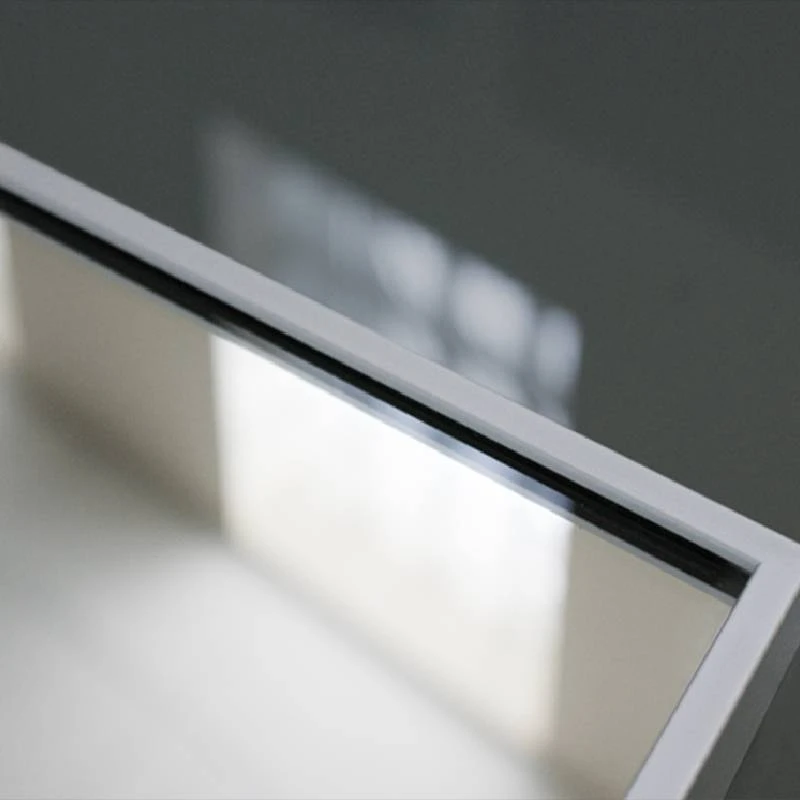

The Versatility and Importance of 19mm Float Glass
Float glass has become a fundamental material in modern architecture and construction, known for its clarity, smooth surface, and uniform thickness. Among the various thicknesses available, 19mm float glass stands out for its unique properties and applications. This article explores the characteristics, benefits, and typical uses of 19mm float glass, emphasizing its significance in both residential and commercial projects.
Characteristics of 19mm Float Glass
Float glass is produced by a process that involves floating molten glass on a bed of molten tin, resulting in a smooth, flat surface. The 19mm thickness provides exceptional strength and durability, making it suitable for a wide range of applications. This thickness offers a balance between weight and performance, giving architects and designers the flexibility they need to create stunning designs while ensuring structural integrity.
One of the standout features of 19mm float glass is its superior optical clarity. This property is crucial in applications where visibility and light transmission are essential, such as in windows and facades. The glass is exceptionally clear, allowing natural light to fill spaces while providing unobstructed views of the outside world. This clarity also plays a vital role in enhancing the aesthetic appeal of buildings, giving them a contemporary and sophisticated look.
Benefits of 19mm Float Glass
One of the primary advantages of using 19mm float glass is its strength. The thickness provides not only improved structural integrity but also enhanced safety. When properly installed, 19mm float glass can withstand significant impacts, making it ideal for high-traffic areas or regions prone to extreme weather conditions. Additionally, float glass can be treated or laminated for increased shatter resistance, further enhancing its safety profile.

Another benefit of 19mm float glass is its thermal insulation properties. The increased thickness contributes to better insulation, helping to regulate indoor temperatures and improve energy efficiency. This is particularly important in regions with varying climates, as it can lead to reduced heating and cooling costs, promoting sustainable building practices.
Moreover, float glass is easy to maintain. Its smooth surface resists dirt and grime accumulation, requiring minimal cleaning efforts. This low-maintenance aspect is appealing to homeowners and businesses alike, as it allows for long-lasting aesthetics without the need for frequent upkeep.
Applications of 19mm Float Glass
The versatility of 19mm float glass allows it to be used in various applications across different sectors. In residential buildings, it is commonly used for large windows, sliding doors, and glass partitions, creating an open and airy atmosphere. In commercial settings, 19mm float glass can be found in storefronts, office partitions, and lobby entrances, helping to create inviting and modern spaces.
Additionally, 19mm float glass is often utilized in prestigious architectural projects, such as skyscrapers and cultural centers, where both aesthetic appeal and safety are of utmost importance. Its ability to withstand harsh environmental conditions makes it ideal for these ambitious designs.
Conclusion
In conclusion, 19mm float glass is a vital material in contemporary construction and design. Its combination of strength, clarity, and thermal insulation makes it an excellent choice for various applications, fulfilling both functional and aesthetic needs. As architects and builders continue to explore innovative designs, the role of 19mm float glass will undoubtedly remain significant in shaping the future of our built environment.